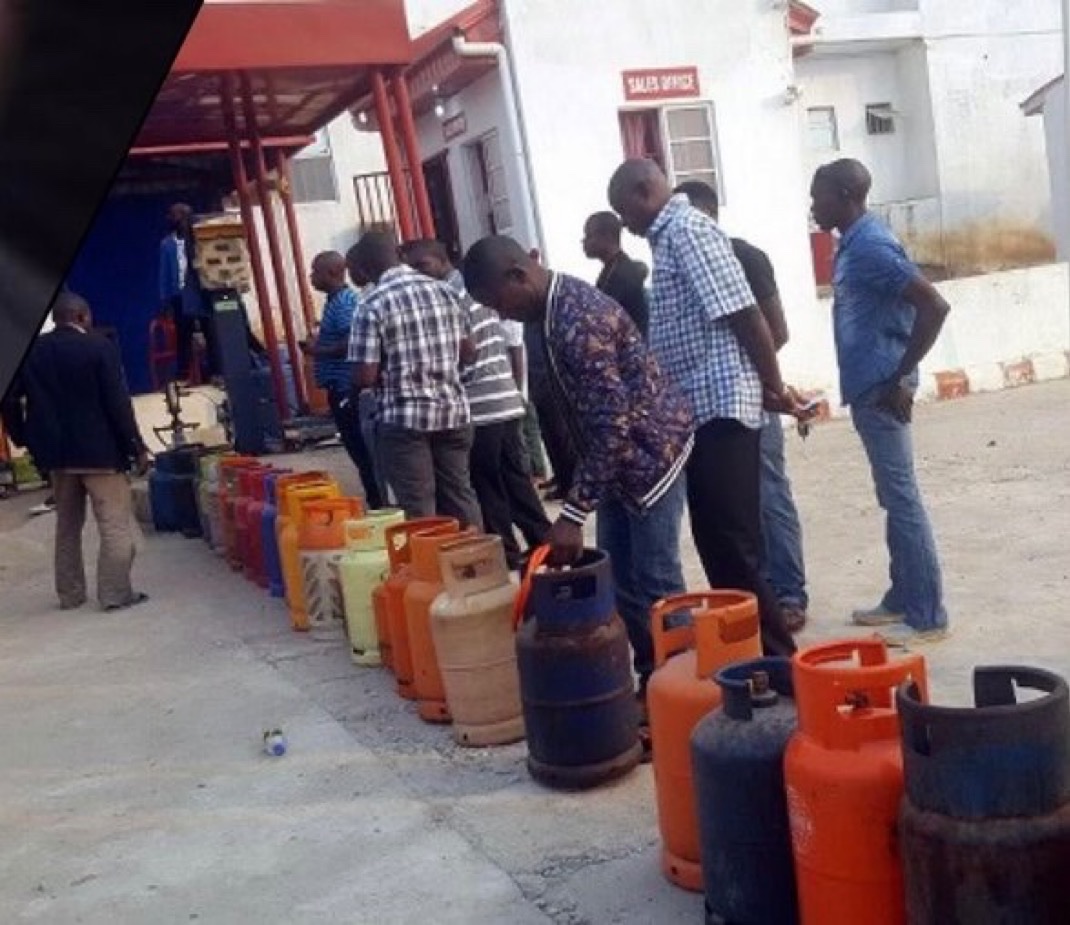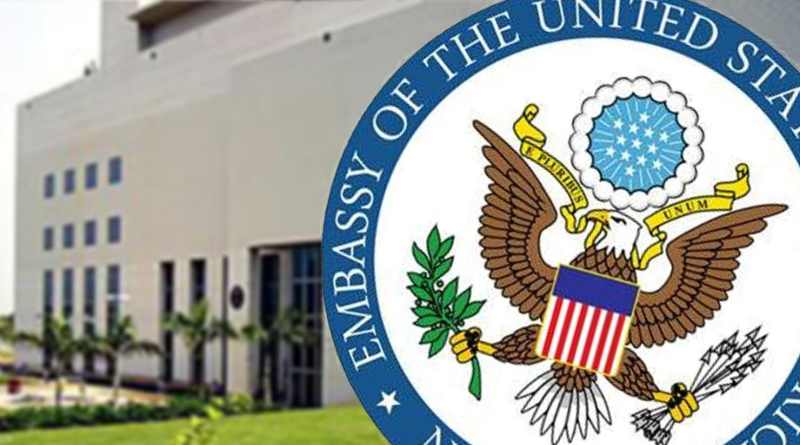Nigeria’s Presidency has confirmed that President Bola Ahmed Tinubu will soon meet with former United States President Donald Trump following Trump’s recent comments accusing the Nigerian government of failing to protect Christians. The meeting, which will reportedly take place in either Abuja or Washington D.C., is expected to address allegations of “genocide against Christians” in Nigeria and to reaffirm Nigeria’s stance on religious tolerance and security.
According to the Presidency, arrangements are already underway for the meeting, which will focus on clarifying Nigeria’s position on religious freedom, security challenges, and counter-terrorism efforts. The Special Adviser to the President on Media and Publicity, Daniel Bwala, said both leaders share a mutual interest in peace, religious harmony, and the global fight against terrorism.
Background: Trump’s Controversial Statement on Nigeria’s Religious Freedom
The development follows Donald Trump’s recent statements alleging that Christians in Nigeria are being subjected to persecution and mass killings by extremist groups. Trump described the situation as a “genocide against Christians” and warned that the United States could reconsider its diplomatic relations with Nigeria if the country fails to protect its Christian population.
Trump’s remarks sparked outrage and debate both within and outside Nigeria. While several Christian organizations welcomed his concern, many analysts and government officials criticized his statement, calling it an oversimplification of Nigeria’s complex security and religious landscape.
The Nigerian government, through the Ministry of Information, swiftly refuted Trump’s claims, insisting that the country remains a secular and multi-religious nation where all faiths are constitutionally protected. Officials further emphasized that Nigeria’s security crisis is not driven solely by religion but by terrorism, banditry, and other criminal activities that affect both Christians and Muslims across the nation.
Presidency: Nigeria Will Not Be Defined by Religious Division
Speaking on the planned meeting, Presidential aide Daniel Bwala said the Tinubu administration is committed to maintaining peaceful coexistence among Nigeria’s diverse religious groups. He stated that President Tinubu would use the meeting to correct misconceptions about Nigeria’s religious harmony and to highlight efforts made to combat insecurity and terrorism nationwide.
“Nigeria is not a religious state; it is a multi-faith democracy where every citizen is free to worship as they choose. The government of President Tinubu does not discriminate against any religion, and it remains committed to ensuring that no Nigerian is victimized based on their faith,” Bwala stated.
He added that the President intends to use the dialogue to strengthen diplomatic relations with the United States while pushing for more global cooperation in counterterrorism, intelligence sharing, and humanitarian assistance.
A Sensitive Diplomatic Moment for Nigeria
Observers say the forthcoming meeting comes at a delicate time for Nigeria, as international attention has increasingly focused on reports of violent attacks in parts of the country’s Middle Belt and North-East regions. Various human rights and religious freedom organizations have expressed concerns over rising insecurity, particularly attacks attributed to extremist groups such as Boko Haram and Islamic State West Africa Province (ISWAP).
However, experts caution that labeling these attacks as “genocide against Christians” oversimplifies the broader crisis. Many incidents, they note, involve complex factors such as ethnic conflicts, land disputes, and terrorism that affect both Christians and Muslims.
Diplomatic analysts have warned that Trump’s remarks could strain relations between Nigeria and the United States if not carefully managed. The upcoming meeting is therefore seen as an opportunity for President Tinubu to clarify Nigeria’s position and ensure that the country’s image as a tolerant and inclusive nation remains intact on the global stage.
Tinubu’s Focus: Security, Unity, and Religious Freedom
Inside the Presidential Villa, sources indicate that Tinubu’s team is preparing a comprehensive briefing document outlining the government’s ongoing counterterrorism operations, interfaith initiatives, and humanitarian responses to internally displaced persons affected by violence.
The President is expected to stress that his administration is taking concrete steps to address insecurity through military offensives, intelligence reform, and regional cooperation with neighboring countries under the Multinational Joint Task Force (MNJTF).
Tinubu is also likely to highlight the work of Nigeria’s Inter-Religious Council (NIREC), which brings together Christian and Muslim leaders to promote dialogue and peaceful coexistence.
Reactions Across Nigeria
The announcement of the planned Tinubu–Trump meeting has triggered widespread reactions across the country.
Christian associations such as the Christian Association of Nigeria (CAN) have expressed hope that the dialogue will lead to increased global support for the protection of Christians and the end of religiously motivated attacks.
Muslim groups and interfaith organizations, however, have called for balanced discussions that recognize that violence in Nigeria affects people of all faiths. They emphasized that the issue should not be politicized or portrayed as one-sided.
Political analysts also note that this meeting could redefine Nigeria–U.S. relations, depending on how it is handled diplomatically. They caution that the Presidency must present a unified narrative that reflects the country’s diversity, avoids polarization, and promotes constructive engagement.
Global Reactions and Implications
The international community continues to monitor developments closely. Some Western religious freedom advocates have applauded Trump’s concern for Nigerian Christians, while others have warned that his remarks could inflame tensions or misrepresent Nigeria’s internal dynamics.
In Washington, some members of the U.S. Congress have called for investigations into religious persecution in Africa, while others stress the need for diplomatic engagement rather than confrontation. The upcoming Tinubu–Trump meeting may therefore play a pivotal role in shaping the U.S.–Nigeria partnership moving forward.



